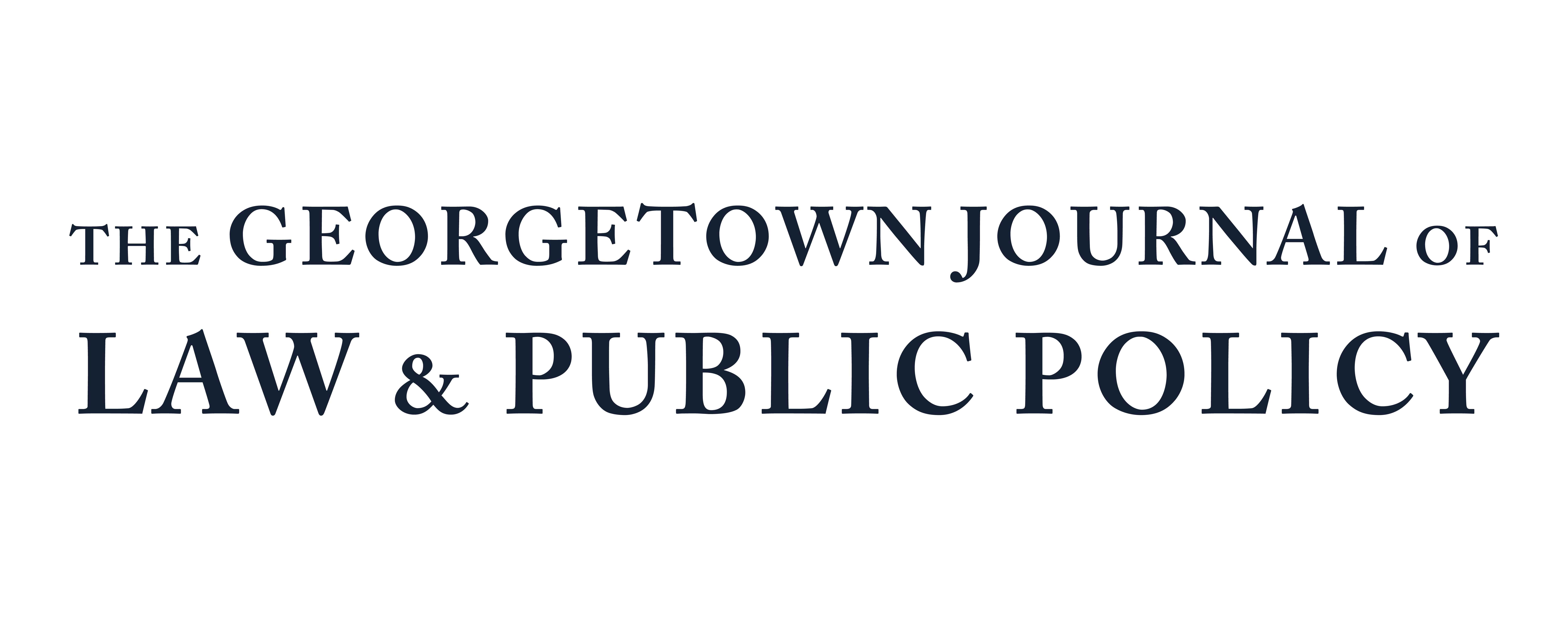Walking the Tightrope: Finding Balance Between Strict Nondelegation and the Administrative State through an Examination of State Experiences
Nondelegation doctrine is the subject of renewed debate in the wake of Justice Gorsuch’s dissent in Gundy v. United States, 139 S. Ct. 2116 (2019). Despite longstanding precedent following the more lenient “intelligible principle test,” nondelegation proponents argue that nearly any legislative delegation to the executive branch is unconstitutional. Strict nondelegation opponents, in addition to arguing in favor of some delegation’s constitutionality, also highlight the concern that implementing a stricter nondelegation doctrine would seriously hinder the administrative state’s ability to function. To evaluate the possible consequences of implementing stricter nondelegation for the administrative state, this paper examines the experiences of three states that have longstanding, strict non-delegation doctrines: Florida, Texas, and Oklahoma. Examining how these state- level nondelegation doctrines have interacted with the growth, development, and vitality of each state’s administrative state can provide an analogy for how implementing strict nondelegation may work federally. Despite these states’ restrictive nondelegation doctrines, each has maintained a strong and extensive administrative state, suggesting the conventional wisdom may be wrong: stricter nondelegation may coexist with a viable regulatory system.
Subscribe to GJLPP
